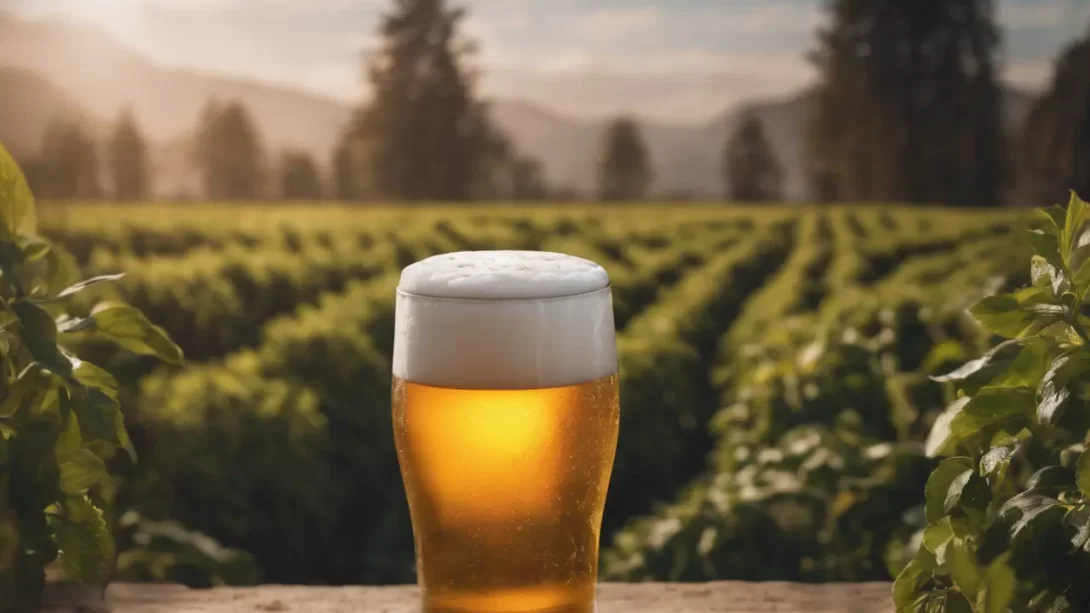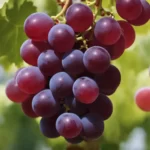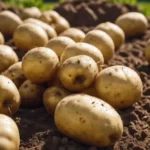The idea that beer can be beneficial for plants is a topic of interest and debate among gardeners. Some claim that pouring beer on plants provides them with essential nutrients, leading to healthier growth. This article aims to dissect this claim, examining the potential impacts of beer on plant health and growth based on its composition, scientific evidence, and expert gardening practices.
Composition of Beer
Beer is primarily composed of water, hops, barley, and yeast. Each of these ingredients has distinct properties that could potentially influence plant growth. Water, the main component, is obviously essential for plants. Hops contribute bitterness and aroma to beer, and their effect on plants is less clear. Barley, as a grain, contains sugars and other carbohydrates. Finally, yeast, a fungus, is involved in the fermentation process, converting sugars into alcohol and carbon dioxide. The relevance of these ingredients to plant health needs careful examination.
Potential Benefits of Beer for Plants
The theory that beer benefits plants centers around its sugar and yeast content. Sugars could potentially provide an energy source for soil microorganisms, which in turn could benefit plant growth. Additionally, yeast in beer might contribute to soil health by adding a small amount of nutrients. These nutrients could then be available to plants, aiding in their growth. However, it’s important to note that the concentration of these nutrients in beer is quite low compared to traditional fertilizers or compost.
Potential Risks and Downsides
While there are theoretical benefits, there are also potential risks to consider. The alcohol present in beer, even in small amounts, can be harmful to plants. Alcohol can damage plant cells and impede growth. Moreover, other ingredients in beer, like hops, have not been proven to have any beneficial effect on plants and could potentially alter the pH balance of the soil or inhibit growth in other ways. It’s also possible that the sugar in beer might attract unwanted pests or contribute to fungal growth.
Scientific Evidence and Expert Opinions
Despite anecdotal claims, there is limited scientific research directly addressing the effects of beer on plant growth. Some studies have explored the use of alcohol in horticulture, often finding detrimental effects on plant health when used in significant concentrations. Expert gardeners and horticulturists generally caution against using beer as a fertilizer due to the unpredictability of its effects and the potential risks mentioned earlier. They emphasize relying on more established, research-backed methods of plant nourishment and soil enhancement.
Alternative Natural Fertilizers for Plants
Given the uncertainty surrounding the use of beer, gardeners are advised to consider alternative, proven natural fertilizers. Compost, for instance, is a nutrient-rich option that improves soil structure and provides a wide range of essential nutrients. Manure, another traditional fertilizer,
offers a rich source of nitrogen and other nutrients when properly composted. Organic commercial fertilizers are also available, providing balanced nutrition tailored to specific plant needs. These alternatives are not only safer but also more effective in supporting plant health and growth compared to unproven methods like using beer.
How to Safely Experiment with Beer in Gardening
For gardeners curious about experimenting with beer, certain precautions can minimize potential harm. Firstly, use beer sparingly and diluted, as concentrated applications may cause more harm than good. It’s advisable to apply it to a small, inconspicuous area first to observe any effects. Avoid using beer on young, delicate plants or seedlings, as they are more susceptible to damage. Opt for flat, non-alcoholic beer to mitigate the risks associated with alcohol. Lastly, monitor the plants closely for any signs of stress or negative reactions after application.
Conclusion
The exploration into whether beer is beneficial for plants reveals a complex picture. While beer contains some components like sugars that could theoretically benefit soil microbes, the potential risks, particularly from its alcohol and hop content, outweigh these minor benefits. Scientific evidence on this subject is scarce, and expert opinion leans towards caution, suggesting that the risks associated with using beer on plants may not justify its use as a fertilizer or growth aid.
Given the availability of more effective and proven alternatives, such as compost, manure, and commercial organic fertilizers, these should be the primary choices for gardeners seeking to nourish their plants. These options provide balanced nutrition and have well-documented benefits for plant health and soil quality.
For those still interested in experimenting with beer in gardening, it is crucial to proceed with caution. Using diluted, non-alcoholic beer and testing on a small scale can help minimize potential negative impacts. Continuous observation for any adverse effects is necessary to ensure plant health is not compromised.
In conclusion, while the idea of using beer for plants is intriguing and rooted in traditional home remedies, modern gardening practices and scientific understanding suggest that there are more effective and less risky ways to promote plant health and growth. Gardeners are encouraged to rely on established methods of plant care and leave the beer for enjoyment in the garden rather than as an addition to it.



